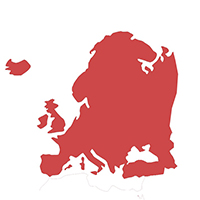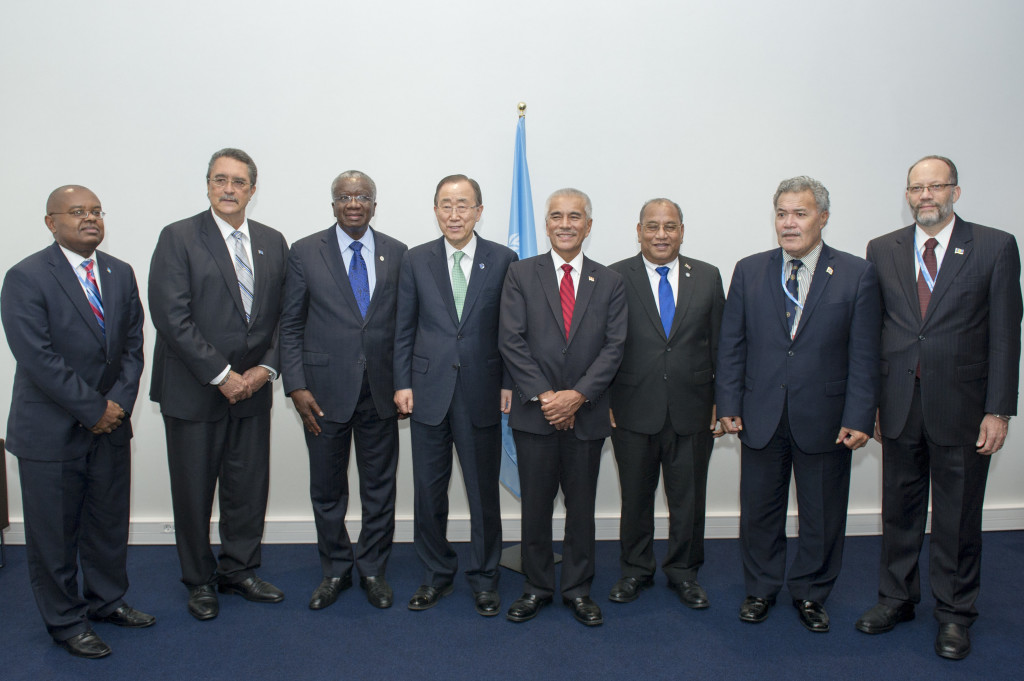Small Islands Become Renewable Energy Havens
Katrina McL | December 5, 2015.
At the climate talks in Paris, leaders of small island developing states, known as SIDS, met with the International Renewable Energy Agency (IRENA) to announce progress on the Lighthouses Initiative, a campaign to increase renewable energy use in their countries.
Launched last year in New York at the UN Climate Summit, the campaign aims to raise US$500 million and mobilise 120 megawatts of renewable energy.
Along with representatives from Germany and Norway, the leaders highlighted progress the initiative has made in just one year, with approximately US$150 million raised and 60 megawatts of geothermal, solar, and wind energy deployed.
Explaining why the initiative chose to focus on island nations, IRENA Director-General Adnan Amin noted natural features and high energy costs make them ideal cases for immediate transition to 100 per cent renewable energy. He also noted the ambition and leadership of states such as Samoa, which has a goal of 100 percent renewable energy by 2017.
Island nation leaders emphasised the economic and social welfare benefits of renewable energy during their addresses, with Barbados Prime Minister Freundel Stuart noting oil imports account for 20 per cent of regional GDP.
“We do not just want world class resorts. We want world class education and hospitals,” said Aruba Prime Minister Michiel Eman, explaining how the costs of fuel imports can hold back development.
Such goals align closely with the objective of the Climate Vulnerable Forum, or CVF, a group of states including Barbados which are the most exposed to climate change and which have become an active force at the negotiations. The CVF is calling for a 1.5°C long term temperature limit and a global shift to 100 per cent renewable energy and complete decarbonisation by 2050. Central to the message of both the CVF and the Lighthouse Initiative is that small island developing states are not just victims of climate change, but are committed leaders in solving the problem.
Speaking to The Verb, the German delegation stated support for the CVF and welcomed the group’s presence at the negotiations.
Asked what countries such as Germany can do to support the CVF during the negotiations, Stuart said that Germany can support the CVF by using its influence to apply pressure on other countries who are “dithering.” Emphasising the urgency of reaching a legally binding and ambitious agreement, Stuart said “This moment will not come again.”
Despite keeping its position on the official temperature goal of below 2°C, Germany has argued for 1.5°C to be mentioned in the final agreement text. In addition to Germany and Norway, other partners of the initiative that were not present at the event include France, Japan, New Zealand, the EU, and the US. And more announcements on the initiative are expected in the coming days.














comment